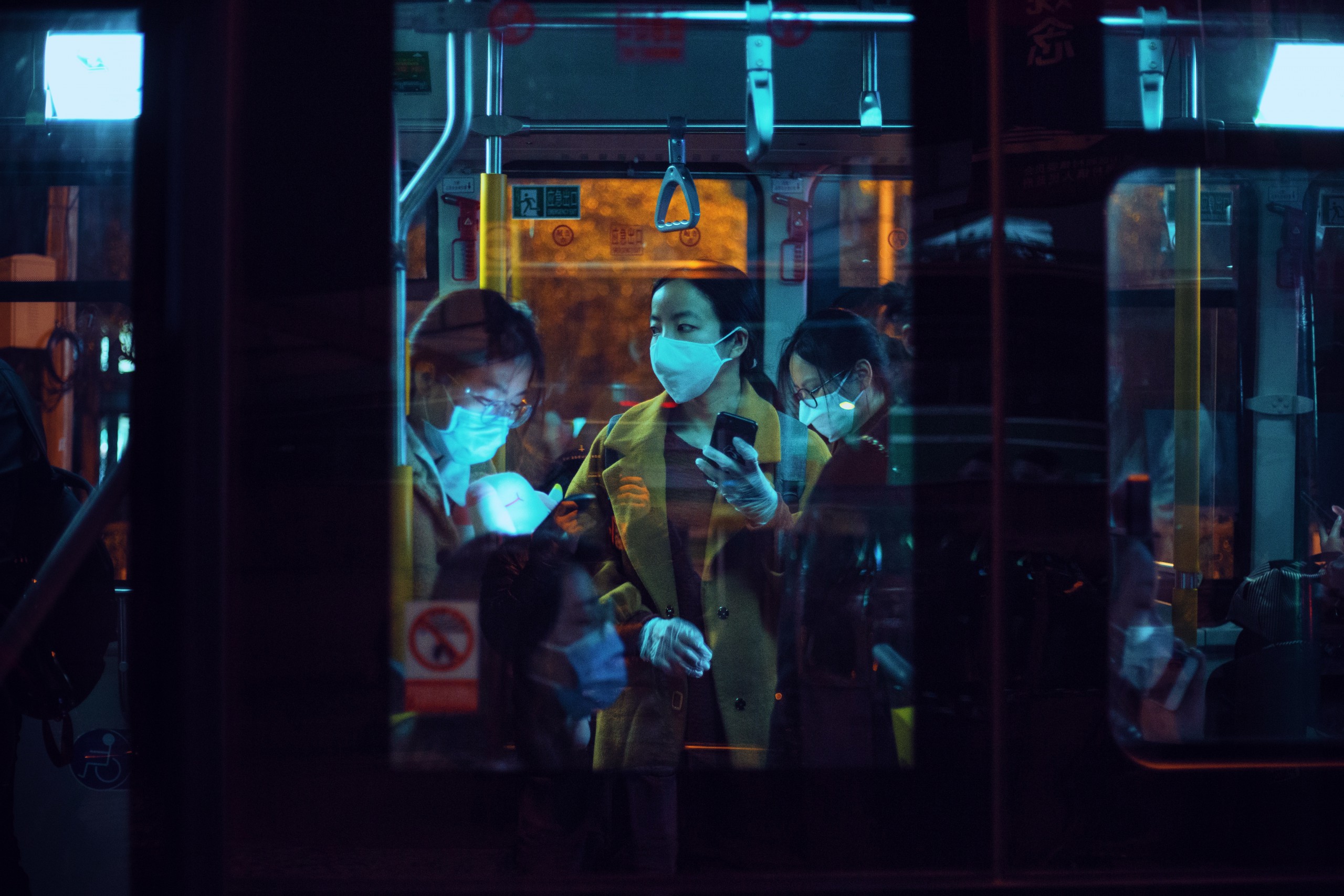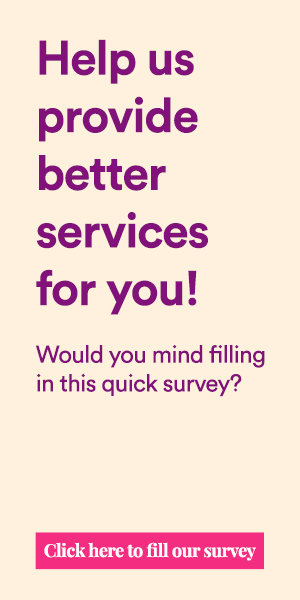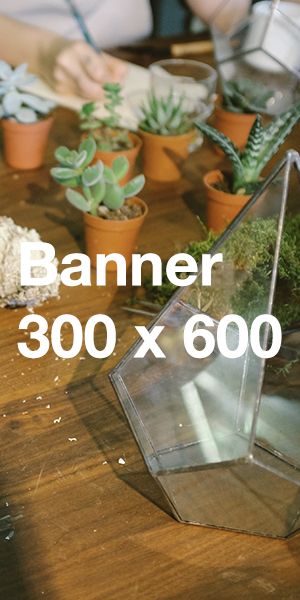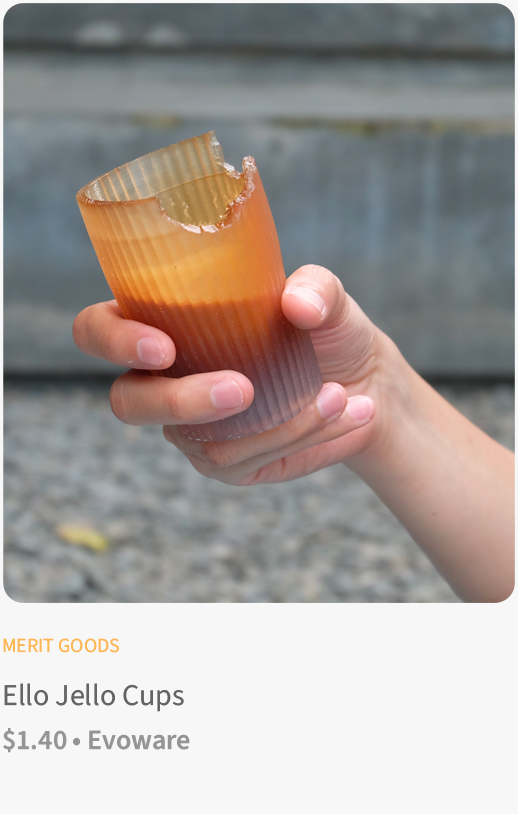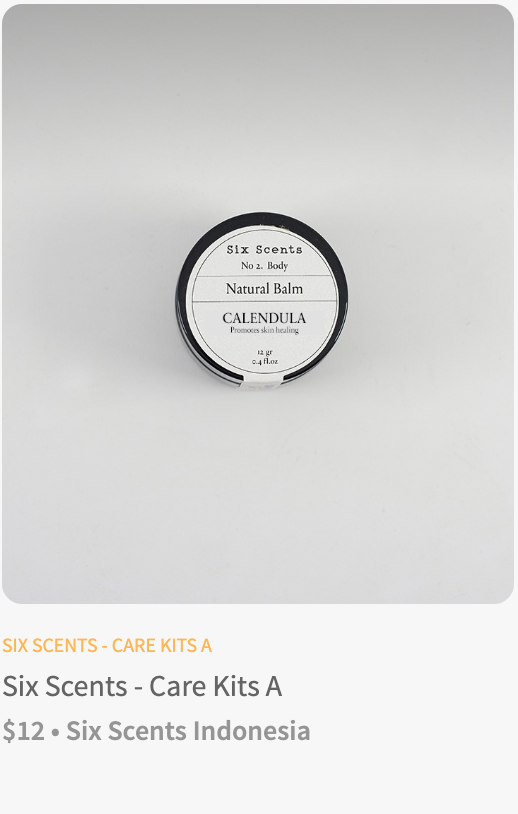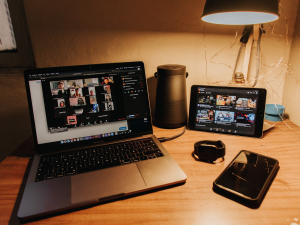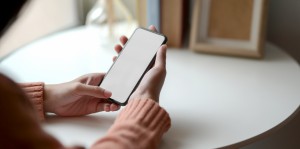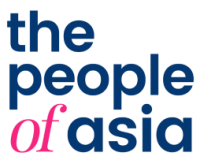The world is shifting on a large scale; things we were familiar with are now slowly becoming obsolete. Familiarity is definitely not the theme of the era we are entering. Rather, our way of life is now changing.
Needless to say, the coronavirus pandemic has taken the entire globe by storm. After quite some time, instead of being separated and isolated, the entire human race is once again coming together and battling a common enemy. This time, it is a pandemic so massive in scale that it has tipped and toppled the world as we know it.
Now, everything around us is shifting. The way we used to do certain things has now become obsolete. Take, for example, something as simple as dining out. We are now forced to rely on the trusted hands of delivery services. In Jakarta, Indonesia, where I currently reside, we have an app for all our delivery orders, such as go-food or grab food. We open the app on our smartphones, type in what we would like for dinner, use the online payment system, and, voila, our doorbell rings thirty minutes later with the delivery man outside with our takeaway. What once was the hustle and bustle of a restaurant is now replaced with the ring of doorbells and delivery items. What once were loud noises inside a restaurant are now replaced with intimate chats in the more confined space of dining rooms.
Perhaps even the word "changing" is too mild a word to describe this pandemic. Not only is everything shifting, but they are moving on a drastic scale and at an alarming rate. With that, we have officially entered the "New Normal" era. Welcome to your new camaraderie.
—
Let's do a quick recap on what's happening—the COVID-19 pandemic has been caused by the severe acute respiratory syndrome coronavirus 2 (SARS-CoV-2). The first COVID-19 case was first identified in Wuhan, China, in December 2019. Within one month, the World Health Organization (WHO) declared the outbreak as a "Public Health Emergency of International Concern" on 30 January 2020, and within two months, WHO officially declared it as a pandemic on 11 March 2020. As of June 2020, there have been more than 6.75 million cases of COVID-19 in more than 188 countries, resulting in more than 395,000 fatalities. And our lives have been changed ever since.
—
In Asia, precautions and measures have been introduced in the form of strict policies to limit physical distance. For over three months, we have been staying home, working from home, going to grocery stores with facial masks on, and avoiding shaking anyone’s hands or visiting our relatives. In Jakarta, for instance, the government implemented Large-Scale Social Restrictions (PSBB) since 10 April 2020. Slowly, we are about to enter another new normal.
Some have claimed that it may take a long time for this virus to go away entirely; other experts even claim that there’s a chance that this virus may not entirely disappear.
While lockdown remains the safest prevention measure, the global economy also needs to resume to avoid the possibility of an impending global recession. As such, we are about to slowly lift bans and learn to integrate our lives concurrently with COVID-19.
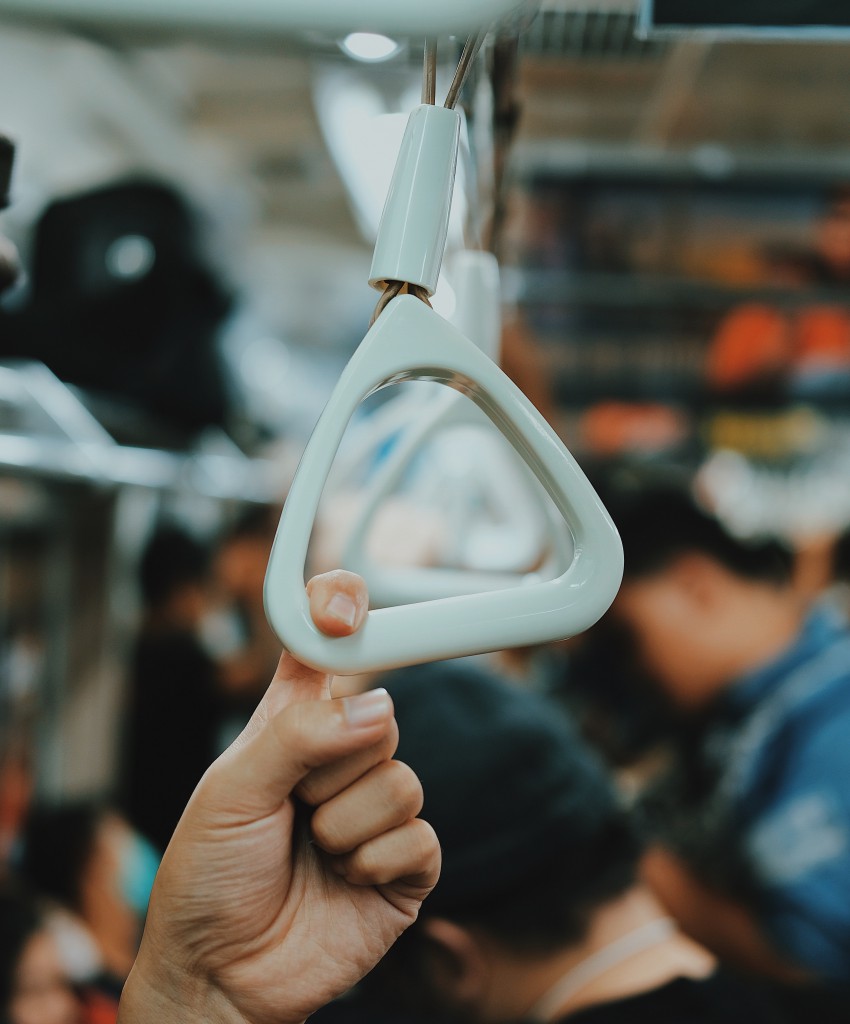
In Jakarta itself, we are in the midst of a transition phase out of Large-Scale Social Restrictions. This involves implementing new protocols to be strictly followed in public places and instilling fines for citizens who do not wear facial masks in public places. These include, among many, public areas such as offices, shopping malls, restaurants, recreation sites, public markets, and places of worship to be reopened with partial capacity; however, the obedience of the people is still in question. Particular traffic rules that were halted during the lockdown soon will be resumed, just like before the lockdown occurred.
In other words, we are simulating normality back into our lives, with a few additional terms and conditions.
As always when confronted with a new situation, there are mixed reactions to this decision. While some are happy and relieved to be back out and about, others are anxious and skeptical. Some argue that even after the implementation of “the new normal” we would still continue to battle the same things as before, just with fewer social interactions. This is perhaps why going back to “normal” does not necessarily cause instant relief.
While “the new normal” will finally take all of us out of this current interpersonal alienation, some still view going out as an unsafe minefield, including going back to work. While commuting and returning to work will provide us with a better working ambience than remote working, going out and being around people might bring new insecurities and may enhance the sense of powerlessness over this pandemic.
However, some also understand that “the new normal” is something that needs to happen sooner or later. External activities would eventually need to be resumed to keep moving the economy and maintaining people’s qualities of life. Human beings are social creatures, after all. While the emerging trend of Zoom meetings is on the rise, how long can one survive solely on virtual interactions before socialising and need for physical touch impulses finally kick in?.
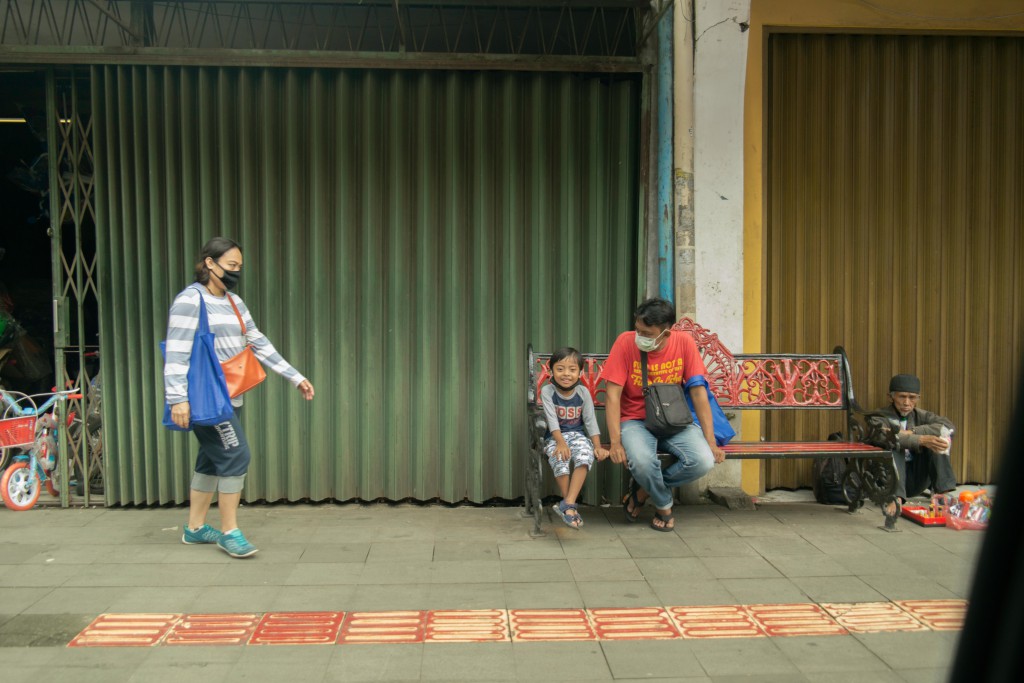
Furthermore, while a pandemic is not something anyone dreams to happen in this lifetime, some argue that this current pandemic ignites another side to life. As stress and anxiety levels have alarmingly increased in the past six months, more and more people have become increasingly aware of their wellbeing needs. Many wellness centres across Indonesia have particularly reported an increase in company requests for wellbeing sessions, especially stress management, and many reported being able to maintain their wellness classes, such as yoga and meditation, through online approaches.
Regardless of which stronghold you grab onto, these are simply situations and circumstances we cannot run from. After all, trying to change our mindset from flattening the curve to a new normal may not be an overnight task.
As they say, the only constant thing is change. Paradoxically, perhaps what brings us comfort during this unpredictable time is that nothing is set in stone, as anything can happen. Whatever is decided today might change tomorrow. That is just the nature of this time. Situations are going to keep on changing, no matter how fast we can keep up. Change is your new normal, and that’s about it.
So, welcome to your new era of new normal. Whatever you make of this time is entirely up to you. Stay safe.
References:
1. https://www.who.int/emergencies/diseases/novel-coronavirus-2019?gclid=Cj0KCQjw_ez2BRCyARIsAJfg-kttrxDOWhA7BMehuFmblT3ZMIUj4dM0M1Jne7DwhSLA3HyAN6kI1I8aArZUEALw_wcB
2. "Statement on the second meeting of the International Health Regulations (2005) Emergency Committee regarding the outbreak of novel coronavirus (2019-nCoV)". World Health Organization (WHO). 30 January 2020. Archived from the original on 31 January 2020. Retrieved 30 January 2020.
3. "WHO Director-General's opening remarks at the media briefing on COVID-19—11 March 2020". World Health Organization. 11 March 2020. Retrieved 11 March2020.
4. https://www.kompas.com/tren/read/2020/06/05/140948065/simak-protokol-lengkap-selama-masa-transisi-psbb-jakarta
5. https://megapolitan.kompas.com/read/2020/04/09/23332221/berlaku-14-hari-penerapan-psbb-di-jakarta-sampai-23-april-2020


